H.R. 4212: Saving Hazardous And Declining Environments Act
This bill, known as the Saving Hazardous And Declining Environments Act, or SHADE Act, aims to create a grant program designed to fund the planting of trees in specific areas that have been identified as environmentally hazardous or in decline. Here are the key components of the bill:
Establishment of a Grant Program
The bill directs the Secretary of Housing and Urban Development, working with the Secretary of Agriculture, to establish a grant program within 180 days of funding being allocated. This program will award grants to eligible entities that intend to plant qualifying trees in designated eligible areas.
Funding Notification
The Secretary must publish a notice of funding availability for this grant program within the same 180-day period following the bill’s passage.
Eligibility and Application Process
Eligible Entities
Entities that can apply for this grant include:
- State, Territory, or Tribal agencies
- Local government entities
- Indian Tribes
- Nonprofit organizations collaborating with the above-mentioned entities
Application Requirements
Entities seeking grant funding must submit an application that includes:
- A detailed 5-year timeline and budget for planting and maintaining the trees
- A public participation plan to encourage local community involvement in the decision-making process, which may encompass opportunities for local nonprofits to engage, public input, and demonstration of community support.
Grant Selection Criteria
When awarding grants, priority will be given to those entities with housing policies aimed at minimizing displacement of existing residents within the project area.
Use of Grant Funds
Funds received from the grants must be used for:
- Implementing the tree planting project, which includes planning, site preparation, and labor costs
- Maintenance and monitoring of the trees for up to 5 years
- Training activities related to the project
- Other relevant costs as defined by the Secretary.
Funding Authorization
The bill authorizes appropriations of $50 million annually from fiscal years 2026 through 2036 to fund this program.
Definitions
Key definitions provided in the bill include:
- Eligible Area: Areas identified as redlined or those affected by the urban heat island effect.
- Qualifying Tree: A non-invasive tree species that is not currently under threat from invasive species in the area where it is planted.
- Redlined Area: Census tracts designated as hazardous or declining by historic mapping efforts.
Implementation Timeline
The implementation of the grant program is contingent upon the appropriation of funds, which the Secretary is tasked to manage and oversee.
Community Engagement
The bill emphasizes the importance of involving local communities in discussions about the projects funded by these grants, promoting transparency and community-driven decision-making.
Objectives
The primary goal of this legislation is to improve environmental conditions in specified areas through tree planting, which can also help address urban heat effects and promote ecological stability.
Relevant Companies
- None found
This is an AI-generated summary of the bill text. There may be mistakes.
Sponsors
44 bill sponsors
-
TrackBonnie Watson Coleman

Sponsor
-
TrackYassamin Ansari
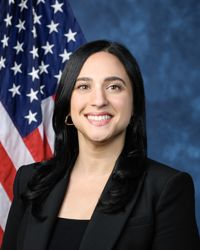
Co-Sponsor
-
TrackNanette Diaz Barragán

Co-Sponsor
-
TrackWesley Bell

Co-Sponsor
-
TrackSuzanne Bonamici

Co-Sponsor
-
TrackAndré Carson
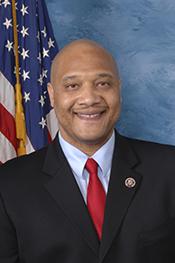
Co-Sponsor
-
TrackTroy A. Carter
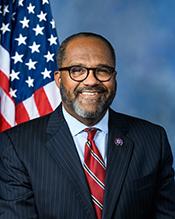
Co-Sponsor
-
TrackSheila Cherfilus-McCormick

Co-Sponsor
-
TrackJudy Chu

Co-Sponsor
-
TrackYvette D. Clarke

Co-Sponsor
-
TrackEmanuel Cleaver
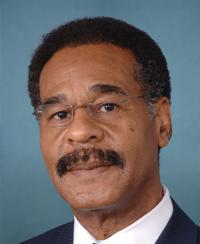
Co-Sponsor
-
TrackSteve Cohen
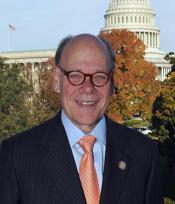
Co-Sponsor
-
TrackMark DeSaulnier
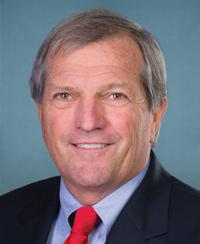
Co-Sponsor
-
TrackChristopher R. Deluzio

Co-Sponsor
-
TrackLloyd Doggett

Co-Sponsor
-
TrackDwight Evans
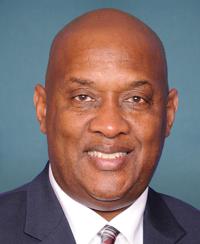
Co-Sponsor
-
TrackCleo Fields

Co-Sponsor
-
TrackMaxwell Frost

Co-Sponsor
-
TrackSylvia R. Garcia
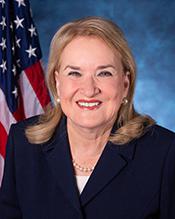
Co-Sponsor
-
TrackJared Huffman
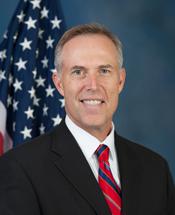
Co-Sponsor
-
TrackPramila Jayapal

Co-Sponsor
-
TrackHenry C. "Hank" Johnson, Jr.

Co-Sponsor
-
TrackTimothy M. Kennedy
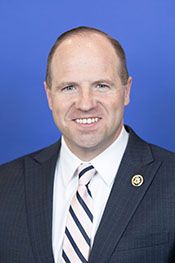
Co-Sponsor
-
TrackRaja Krishnamoorthi
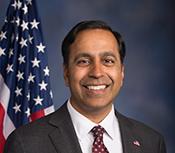
Co-Sponsor
-
TrackTed Lieu
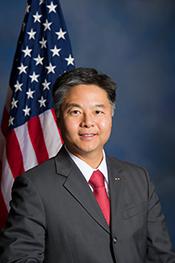
Co-Sponsor
-
TrackDoris O. Matsui

Co-Sponsor
-
TrackLaMonica McIver

Co-Sponsor
-
TrackRobert Menendez

Co-Sponsor
-
TrackGrace Meng
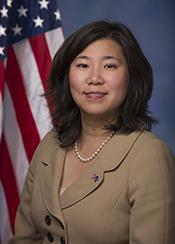
Co-Sponsor
-
TrackEleanor Holmes Norton
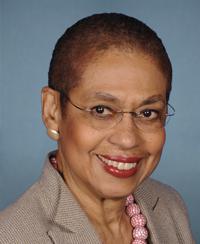
Co-Sponsor
-
TrackFrank Pallone, Jr.
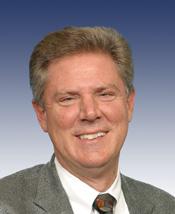
Co-Sponsor
-
TrackChellie Pingree

Co-Sponsor
-
TrackMike Quigley
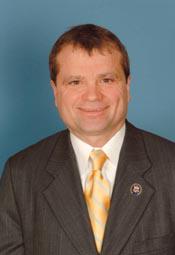
Co-Sponsor
-
TrackDelia C. Ramirez
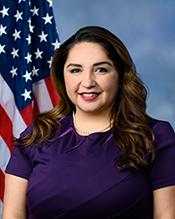
Co-Sponsor
-
TrackJamie Raskin
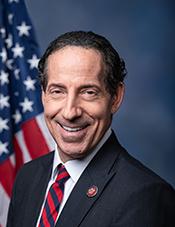
Co-Sponsor
-
TrackRobert C. "Bobby" Scott
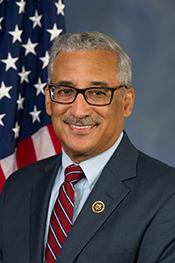
Co-Sponsor
-
TrackMelanie A. Stansbury
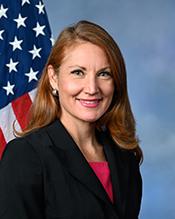
Co-Sponsor
-
TrackMarilyn Strickland
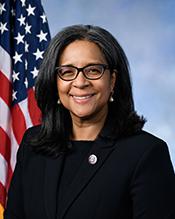
Co-Sponsor
-
TrackThomas R. Suozzi

Co-Sponsor
-
TrackShri Thanedar
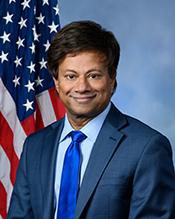
Co-Sponsor
-
TrackDina Titus

Co-Sponsor
-
TrackRashida Tlaib
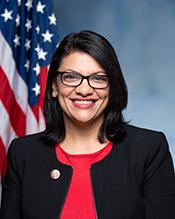
Co-Sponsor
-
TrackNydia M. Velázquez

Co-Sponsor
-
TrackNikema Williams
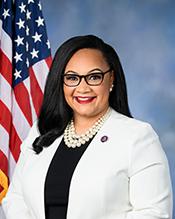
Co-Sponsor
Actions
2 actions
| Date | Action |
|---|---|
| Jun. 26, 2025 | Introduced in House |
| Jun. 26, 2025 | Referred to the House Committee on Financial Services. |
Corporate Lobbying
0 companies lobbying
None found.
* Note that there can be significant delays in lobbying disclosures, and our data may be incomplete.
Potentially Relevant Congressional Stock Trades
No relevant congressional stock trades found.